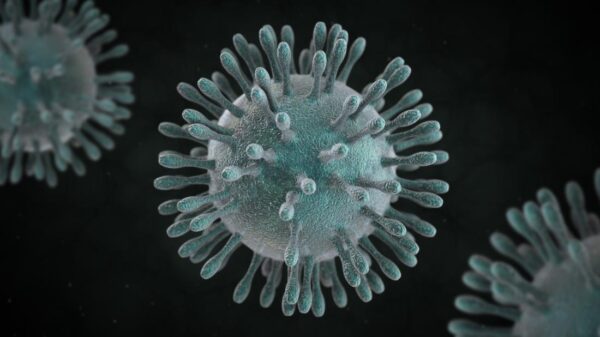Italy faced an unprecedented lockdown on Tuesday that left streets in the capital Rome and other cities deserted after the government extended a clampdown across the entire country in a bid to slow Europe’s worst outbreak of the coronavirus.
The measures, announced late on Monday by Prime Minister Giuseppe Conte, widen steps already taken in the rich northern region of Lombardy and parts of neighbouring provinces, restricting movement and banning public gatherings.
“The future of Italy is in our hands. Let us all do our part, by giving up something for our collective good,” Conte said in a tweet, encouraging people to take personal responsibility.
The latest steps came after data showed the coronavirus outbreak continuing to spread, with 9,172 positive cases recorded as of Monday and 463 deaths, heavily concentrated in the prosperous northern regions of Lombardy, Emilia Romagna and Veneto.
In Rome, cars circulated freely under a clear blue sky in the normally traffic-clogged centre and commuters could find seats in the usually packed underground system during rush hour.
Rome landmarks, including the Trevi Fountain, the Pantheon, the Spanish Steps and St Peter’s Square in the Vatican, were closed or empty, with police telling tourists to return to their hotels.
For at least the next three weeks, people have been told to stay at home if possible, moving only for reasons of work, health needs or emergencies.
Anyone traveling will have to carry a document declaring their reasons and schools and universities will remain closed.
Outdoor events, including sports fixtures, have been suspended, while bars and restaurants will have to close from 6pm.
Shops are allowed to remain open as long as customers maintain a minimum distance of a meter between each other.
“The whole of Italy is closed now,” was the headline in Corriere della Sera, the country’s largest circulation daily.
In the wake of the clampdown, neighbouring Austria said it would deny entry to people arriving from Italy, while British Airways canceled all flights to and from the country.
The World Health Organisation has praised Italy’s “aggressive” response to the crisis, since the first cases emerged near Milan almost three weeks ago, saying it could help contain the spread of the disease from its northern epicentre.
But the economic cost has been huge, with sectors from manufacturing to tourism reporting a collapse in orders that will impact for months to come.
Conte has already promised “massive shock therapy” to help deal with the immediate economic impact of the crisis and on Tuesday, Industry Minister Stefano Patuanelli said the government would approve measures worth around 10 billion euros.
Reuters/NAN.
Trending
- Tinubu appoints renowned banker Jim Ovia as Chair of NELFUND
- Yahaya Bello: EFCC boss Olukoyede to face criminal trial for contempt of court
- President Tinubu appoint CEOs for two agencies
- Breaking: Veteran Yoruba actor, Ogunjimi is dead
- EX-PRESIDENT BUHARI MOURNS DEMISE OF SIDI ALI, DR. BAFFA YO
- Japa Crises: 58,000 of 130,000 registered doctors renewed licence, says MDCN
- 34-Km Ikorodu-Itokin Road Reconstruction: Gov Sanwo-Olu, Senator Abiru Pay Thank You Visit To Works Minister, Umahi, Make Case For Road Dualisation
- Yahaya Bello: EFCC Chairman’s conduct suggest vendetta, not fight against corruption – Concerned APC chieftains

